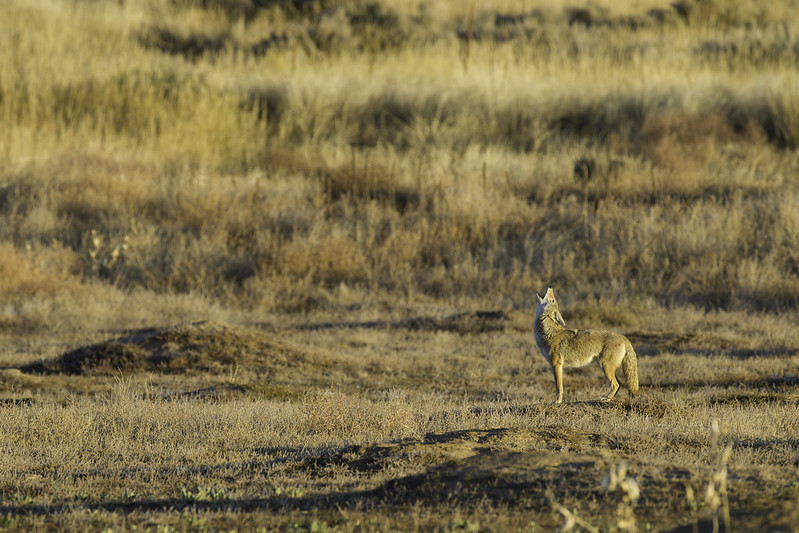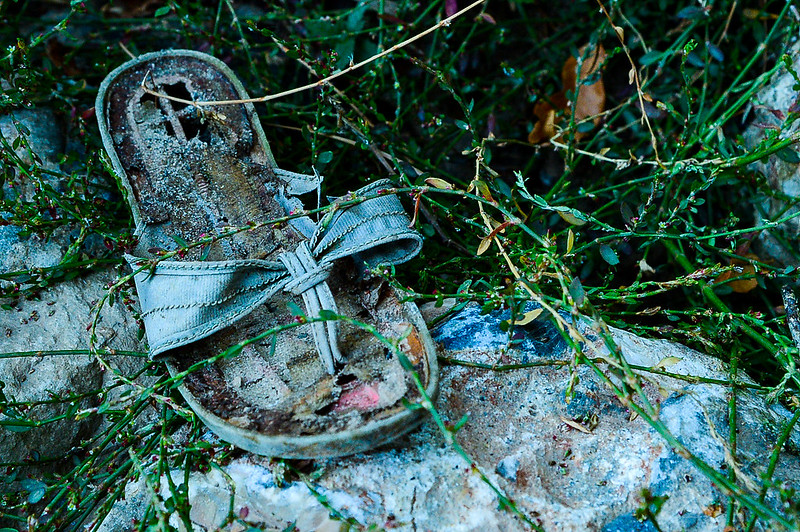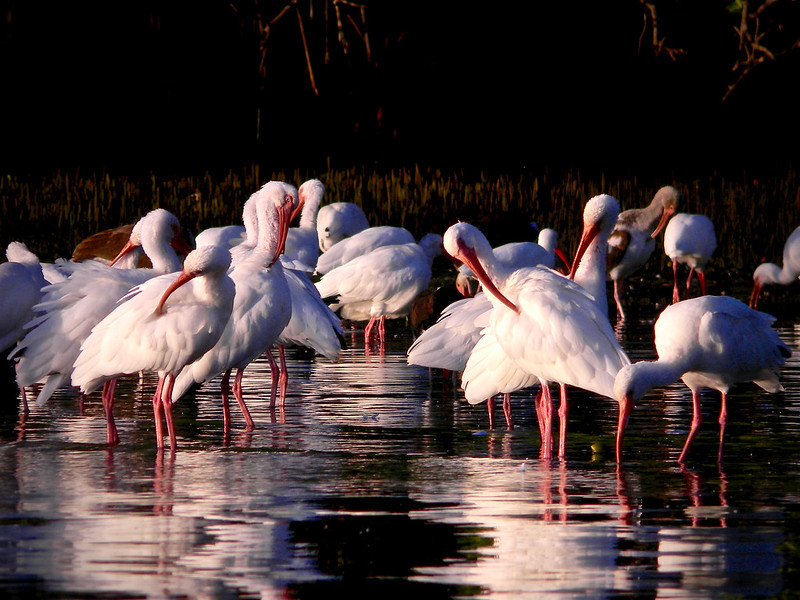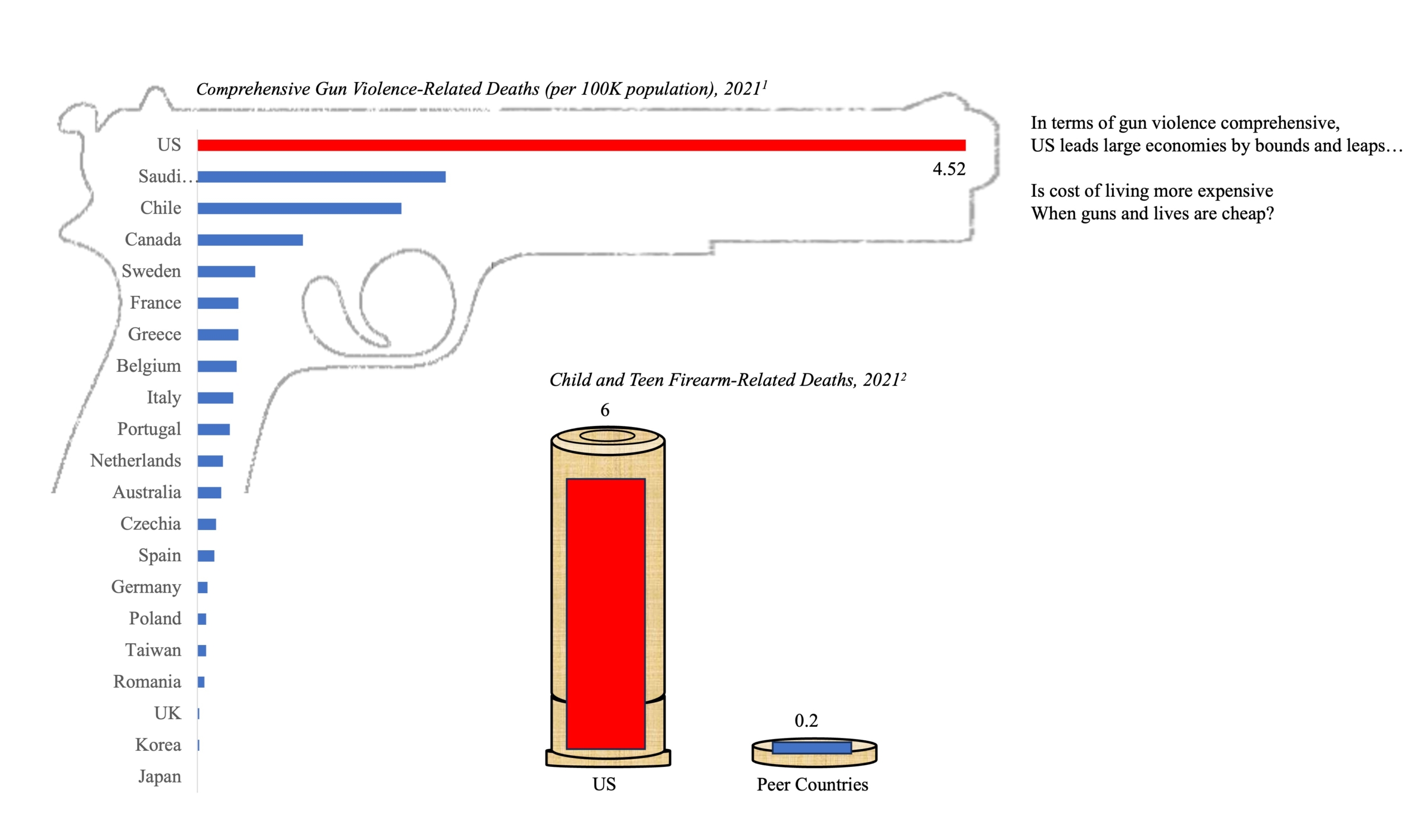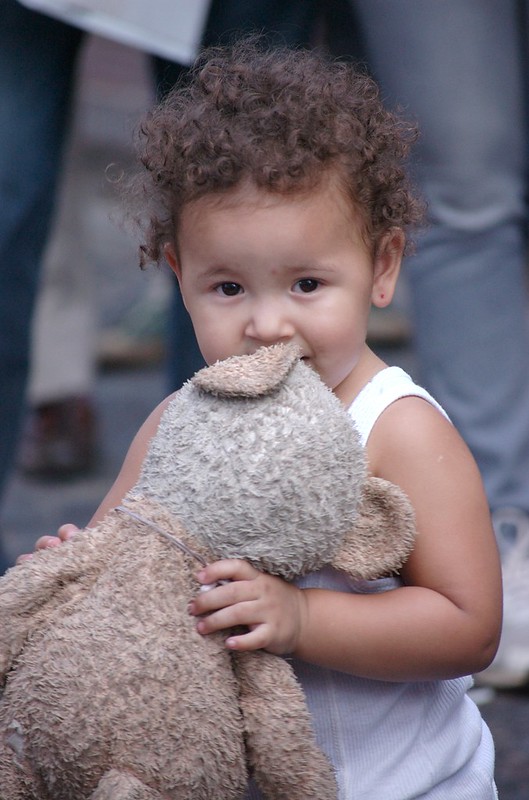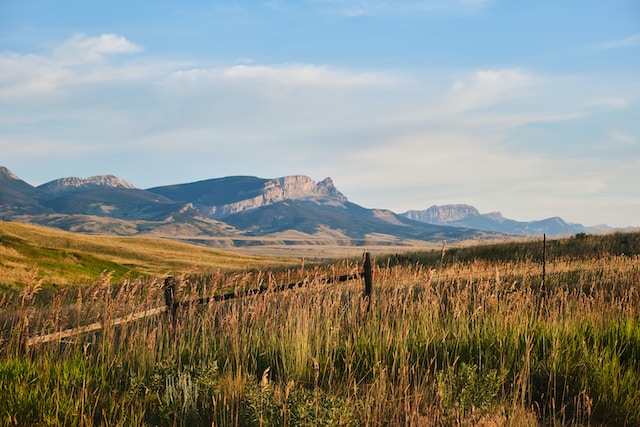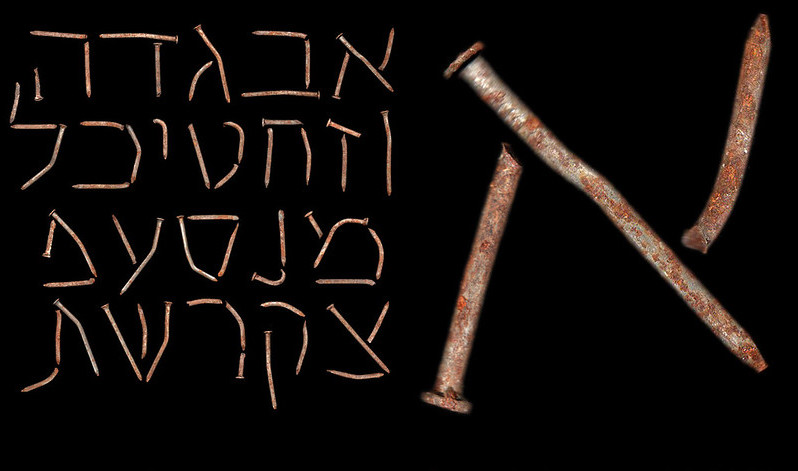Amendments
By Amy Cook
We hadn’t had a proper winter, but spring arrived anyway, confoundingly on time. Whatever you might have read about autumn in New York, the first morning the rows of tulips open on Park Avenue, or when the purple hyacinth spirals up through a neighborhood garden, or that cloudless April morning when the cherry trees first spill with the glut of blossom, those are the days I wish would linger. I turned forty-three in late March, right before the weather turned.
Filed: March 7, 2023. Florida Senate Bill 300, Pregnancy and Parenting Support: “prohibiting physicians from knowingly performing or inducing a termination of pregnancy after the gestational age of the fetus is determined to be more than 6 weeks, rather than 15 weeks.”
On the morning of Thursday, April 13, 2023, a week after it had been passed by the Florida Senate, the Florida House of Representatives took up the bill.
That day, in New York, the Central Park weather station measured a high of 90 degrees, breaking a record set in 1977. Old and potbellied men loitered by the Hudson River, shirtless, broiling. I took off my shoes and sipped greedily at a raspberry Arnold Palmer. The café at the pier is seasonal, but, like Brigadoon, miraculously opens on days that call people to the water.
At the river, I’m streaming the House of Representatives on my phone, and they race through nearly fifty amendments, all proposed by civil servants seeking to dull the law’s vicious scythe. Each amendment is allowed consideration for two and a half minutes.
“Will the sergeant secure the balcony please?”[1]
It is certain the abortion ban will pass. The Florida House of Representatives has one hundred and ten voting members present on this day, and they will vote for the bill by a nearly two to one margin. Still, as is their right, ordinary Floridians have come to Tallahassee to protest the ban, which has exceptions for rape, incest, and human trafficking—provided you can prove it. With documentation.
I live in a building that is two blocks from the Hudson, less than a mile from Bethesda Fountain, and a mile and half from the reservoir. And still, I often feel parched. This particular Thursday, the water is desperately choppy, as if at war with the summer vibes the sun is trying to gift. A week from now, I will be lying in a hospital, a female radiologist swiping the ultrasound thingie (instrument? wand? scepter?) across my right breast where an unidentified mass waits to be named. The screen displays charcoal and ivory waves that undulate, tip and teeter. I stare at them, feeling sticky and warmed by the ultrasound gel. The radiologist gives me a cursory glance, every now and then.
“Black women and birthing people will be most affected by this abortion ban.”
We have become careful, of late, to say the things that go without saying, because it is worth it to have them said aloud. We waste time and capital sparring over the substitution of words, while the Slenderman creeps at the edge of the forest, leering at his prey. And prey are everywhere. My friend, who has six-year-old twin boys, recently asked them what their active shooter drills are like. They go to an elite private school that can afford security, and still, they prepare. Attention is paid.
The heat will last just a few days, before pulling us back, making us glad that we hadn’t installed the air conditioners just yet. I will still go down to the water to read and write, in the chill and mist, not wanting to be wasteful of the hours. Above me, vehicles fly up the Hudson River Parkway, heading out of town.
“Sergeant, will you secure the chamber and remove the gallery?”
It is impossible to tell how many protestors have filled the statehouse, but I can hear them being removed, one by one. Two days ago, an organization called Equality Florida issued a travel advisory, warning fellow Americans that Florida is no longer a safe place to be, especially if you are a person of color or queer or perhaps just unprepared to become the victim of random gun violence.
“Please [accept] this amendment so we don’t re-traumatize sexual assault victims.”
“I understand we’re banning books, so y’all might not have read all of that.”
“We are thinking of situations that have not been contemplated by this bill.”
Not a one of the amendments passes, of course. I play with my pink strappy sandals, on the ground, next to my chair. At some point this summer, I’ll get a pedicure, but today my feet are repulsive. My mind wanders. The amendment people are wasting their time, I think, and their breath. Going down with the ship. But history is filled with truth-tellers on the Titanic.
“This is a friendly amendment.”
“Read the next amendment!”
“Any . . . further outburst and the sergeant will remove you, and we can proceed with our business.”
When my youngest niece was born, just after midnight on August 12, 2021, she was almost two weeks late. Every day past her due date, I teased my brother that the baby was waiting for our late grandmother’s birthday; that Grandma Barbara was somehow orchestrating the delay. Hannah Rose was a perfectly average-sized newborn (indeed, born on the day that she now shares with a great-grandmother she never knew), but it stands to reason she wasn’t actually late. Rather, a physician had perhaps miscalculated how far along my sister-in-law actually was. It’s not an exact science.
So how do the doctors in Florida know when six weeks are up?
How do the legislators know?
Still, they prattle on. Behind me, a group of young women searches for a place to sit. Most of
the good spots are gone. It’s really very hot out.
“Have all members voted? Have all members voted?”
“We have a brief introduction and announcement from Representative Caruso.”
Between the amendments, Representative Caruso, who will actually vote “no” on the six-week abortion ban, takes the time to introduce a sergeant from the Delray Beach Police Department, who is visiting their chamber today. The officer had previously been convicted of a felony, for having stolen some money from a mall in Orlando. Governor DeSantis, who will sign this bill into law at 10:45 this evening, had pardoned the man, and now the officer is applauded as a “hometown hero.”
There will be six hours of debate, after all of the amendments go down in flames. None of it means a thing. The climb is too great, the gulf too wide. I put my sandals back on, and when I get up, the group of girls looking for a seat are pleased. They have frozen drinks in hand. I head to my apartment, where I will insist we wait for the next heat wave to install the air conditioning, but where I am still free.
“Please show that the amendment does not pass. Read the next amendment, please.”
[1] Each quote in italics was spoken by a member of the Florida House of Representatives on April 13, 2023.
Amy Cook (she/they): MFA candidate, Rainier Writing Workshop, 2021 Kenyon Review Writers Workshop. Amy’s work has appeared in The Advocate, Queer Families: An LGBTQ+ True Stories Anthology and fifteen literary journals. Affiliations: BMI Lehman Engel Musical Theatre Workshop (Advanced), New York City Gay Men’s Chorus alum.
Photo credit: Rebecca Cruz via a Creative Commons license.
A note from Writers Resist
Thank you for reading! If you appreciate creative resistance and would like to support it, you can make a small, medium or large donation to Writers Resist from our Give a Sawbuck page.


